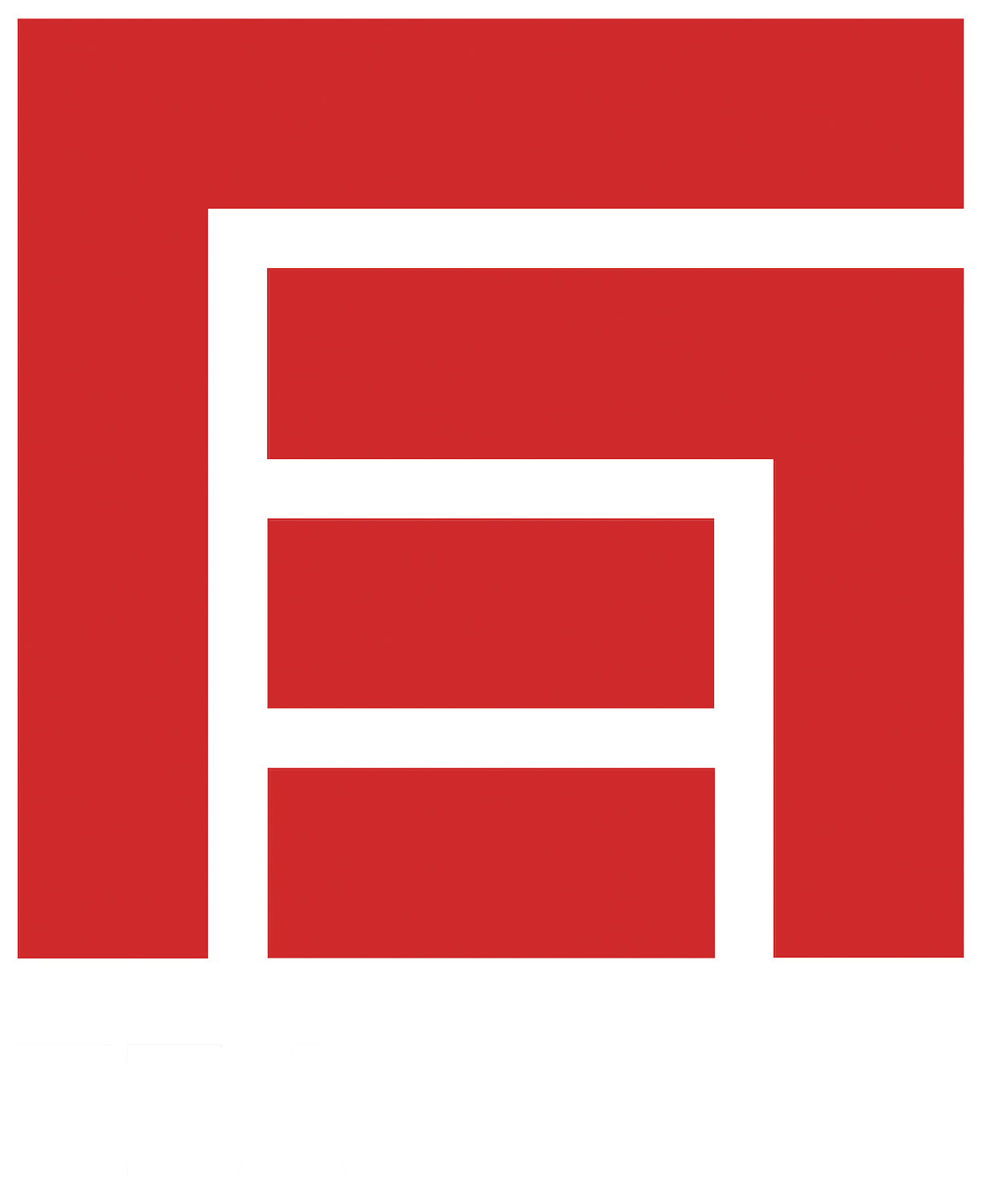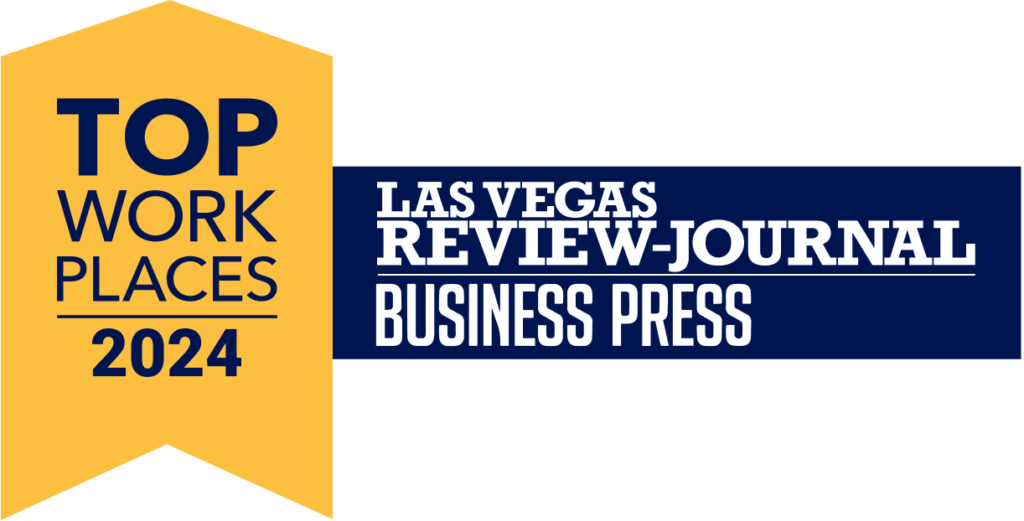Justin Veilleux is a principal at FEA Consulting Engineers, one of the country’s Top 10 Hotel Engineering Firms in the BD+C Giants 400. As a 2019 UNLV College of Engineering’s Alumnus of the Year, Justin is a big supporter of the school and serves on its alumni board.
Justin Veilleux, a principal at FEA Consulting Engineers, is one of the select few engineers in Nevada with a dual professional engineer (PE) designation in both mechanical and electrical engineering. With over ten years of electrical, low voltage, and lighting consulting design experience, Justin is one of the youngest principals among Southern Nevada engineering firms.
FEA Consulting Engineers is a full-service multi-discipline engineering firm founded in 1989 by Robert Finnegan and Boyd Erickson. It was listed as one of the country’s Top 10 Hotel Engineering Firms in the BD+C Giants 400. The firm’s portfolio includes Resorts World Las Vegas, Circa Resort, Cosmopolitan, Top Golf Las Vegas, World Market Center, and more.
Justin earned a bachelor’s in engineering from UNLV in 2004 and an MBA in 2020. He was named the College of Engineering’s Alumnus of the Year in 2019 and is a regular contributor and judge for its annual Senior Design Competition. He has served on the College of Engineering alumni board since 2020.
In this interview, we asked Justin about his career path, some of the challenges the engineering industry is facing, industry trends, and how individuals and companies can give back to the next generation and help strengthen STEM education in Southern Nevada.
1) How did you get into the engineering industry and join FEA?
I have always had a passion for engineering and grew up in the 90s when computers were starting to become mainstream. My dad taught me how to build computers when I was young and we were always into electronics, including soldering and circuit board construction. I went to Advanced Technologies Academy for high school where I was accepted into their Computer Science program. Afterwards I decided to go to UNLV for my undergraduate program and I was accepted into the Computer Engineering program.
While going to high school and college, I was working at Wal-Mart where I would go to school in the morning and work evenings and weekends, leaving little time for homework and social activities. I finished college and continued working at Walmart as they promoted me, but it wasn’t as conductive to a family life, and I wanted to use my engineering experience. One of my friends in college was working at FEA and brought me onboard in 2007 when the economy and Vegas was booming with new projects like Cosmo and CityCenter. I decided to shift careers when I was near the top of the ladder at Wal-Mart and started all the way back at the bottom in an engineering firm learning drafting.
2) What are the 3 challenges the engineering industry is facing?
The main one that I am directly involved with on multiple projects, meetings, and discussions is the ongoing issue of lead times within the industry. My engineering focus is more on the electrical design involving large switchboards and transformers, which are seeing an increase in issues procuring due to several major world issues having a snowball effect on the supply chain. Our team is continuously in discussions with manufacturers, contractors, and owners on the best approach to specifying MEP equipment for every project as each location is different and has different building engineering requirements. It is a continuous discussion on every project across the nation.
I would say the second one is the water crisis at Lake Mead and the national attention water conservation is getting. Las Vegas is now one of the fastest growing cities due to several people moving from California and for other environmental and resource reasons. Thus, creating a lot more demand on our water supply which requires drastic measures to be taken throughout the southwest region. Building engineering design will be at the forefront of the water conservation solutions to ensure buildings are performing at their optimal levels from an electrical, mechanical, and plumbing standpoint.
The third topic the engineering industry is facing is keeping up with two major impacts to building designs which is technology and health related issues. Regarding technology, everything is becoming more network focused. Connectivity amongst devices within buildings are required to increase building performance from all IoT devices and systems. This increases integration and immersive experiences; however, it also increases the risk for hacking and ransomware which requires buildings to be more secure and safe. Along the lines of security and safety is the factor of health, which is directly related to Covid and now more awareness to viruses and diseases. Building performance is now tied to indoor air quality (IAQ), filtration, outside air ventilation, monitoring, and different technologies to treat air and surfaces to increase safety within buildings.
3) What is your involvement with UNLV and the Howard R. Hughes College of Engineering? And how can local businesses and individuals help support the school and students?
I began getting more involved with UNLV after I was at a strong and stable point in my career, I went back to UNLV to get my MBA from 2018 to 2020, then was the Engineering Alumni of the Year in 2019 and started getting more involved in the Engineering Alumni Chapter in 2020. I have been consistently involved in a supportive role for the college, including judging the Senior Design Competition and I was recently asked to be a Keynote Speaker at the Senior Design Awards to share my story for the current students.
I have also been actively involved with the Rebel Forward program for three semesters, which is a college wide Mentorship program that teams up mentors from the industry and mentees which are current students. I am very passionate about the program and always trying to get more industry partners involved as I feel the students need to hear from outside leaders to help answer their questions about establishing a career after college and what to do next. I am currently the Engineering Alumni President until 2023 and working with a great team of board members to keep Alumni engagement on the campus strong with various planned programs and activities to connect current students, faculty, and alumni.
One major way for local businesses and individuals to help support the school and students is to participate in the Rebel Forward program. The program creates a strong sense of pride, ownership, and involvement to always pay it forward and pass on skills, advice, and knowledge to the next generation. So far, I have mentored five students who have all signed up for this program and did not know what to expect or do after college. The program is great to get paired up with students related to the business and industry to help them create goals. I believe when mentors sign up for this program, they will become more involved in UNLV, Alumni functions, and student growth initiatives. Individuals and representatives from every business should jump into the program and help support UNLV by developing students from outside the curriculum.
4) How can Southern Nevada strengthen STEM education and attract more students to be interested in these professions?
It is very important to firms to be industry partners and get involved with schools of all levels, we all need to engage with students before high school. FEA was invited to be a board member and industry partner in the Mike O’Callaghan Middle School i3 Learn Academy. We participated in meetings to provide our input and assist with school initiatives. One of those initiatives was giving the middle school a tour of our office. We had over 20 students come for the day, and we gave them presentations in our conference room. We would break them into four groups, one for each principal, and we would walk them around the office into pods, have our employees talk about their job, show them large format printed drawings, show them what drafting looks like in CAD and Revit, gave them lunch, and answered all their questions.
We feel it is even more important to engage students at a younger age, specifically ones that are interested in a great magnet program like i3 Learn Academy, to spark their interests before they start figuring out what they want to do in high school and college. Southern Nevada industry partners can strengthen STEM education by getting more engaged in local schools through setting up career fairs and tours regularly to increase younger students’ attraction to engineering and technical fields.
5) Given the growing influence of technology and innovation, where do you see the industry is going in the next three years?
Technology and innovation are only going to get better and more advanced with the next wave of generations solving the problems of the world. Engineering is proactively trying to make the future better through reactively solving the world’s current problems, such as communications issues in Ukraine, water conservations issues at Lake Mead, helping to mitigate global warming and global waste, and engineering self-sustainable and high performing buildings to reduce carbon footprints. The industry has advanced so much during the past three years of Covid, and I cannot imagine all the technology and innovation that we will be seeing in the engineering industry over the next three years. Pain and hardships caused by Covid, and recent world issues have sparked the need and will power of future generations to make this world a better place to live.
Click here to read the original article posting: Vegas Business Digest.





